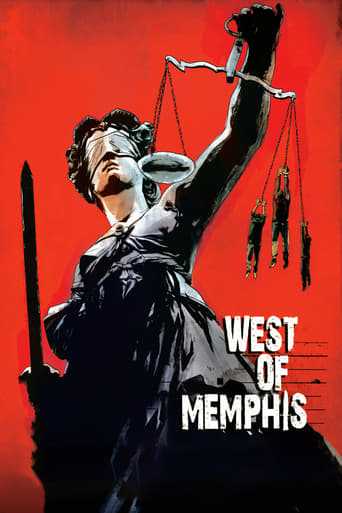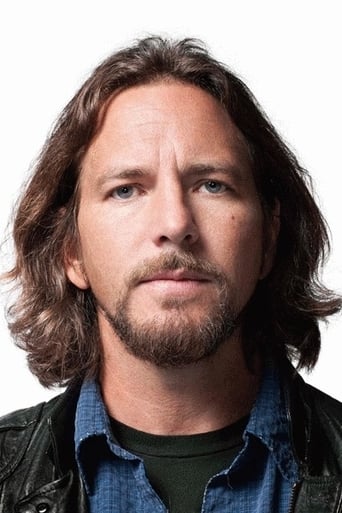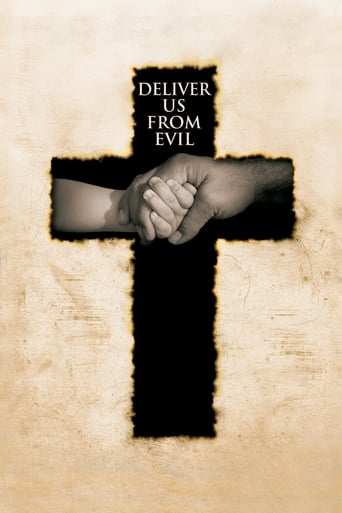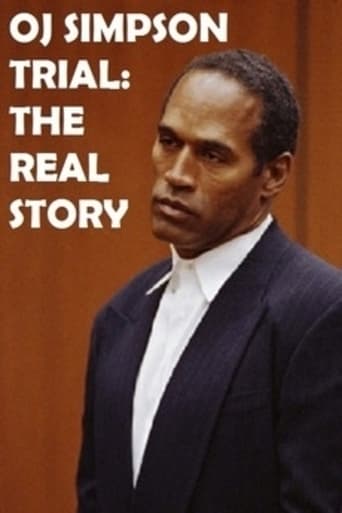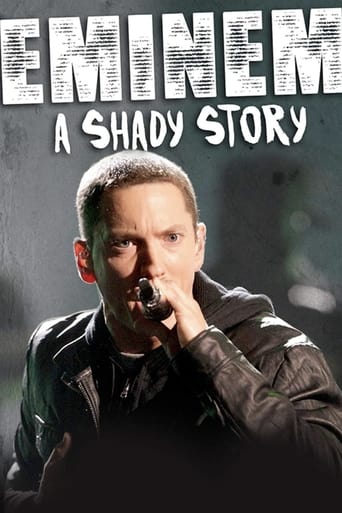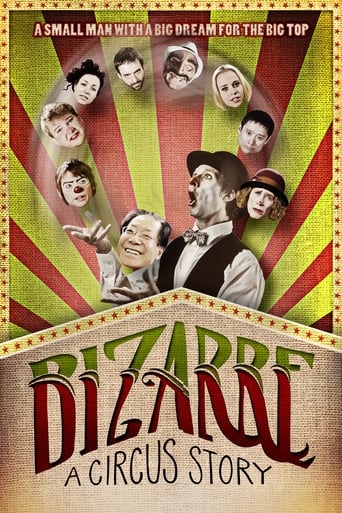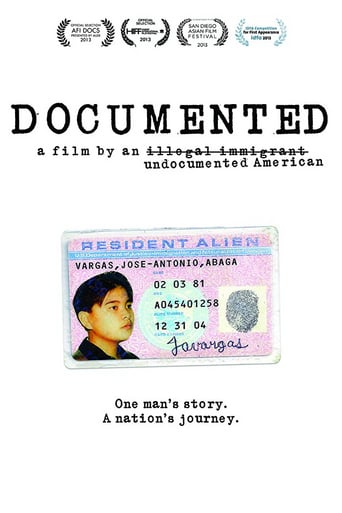West of Memphis (2012)
The documentary tells the hitherto unknown story behind an extraordinary and desperate fight to bring the truth to light. Told and made by those who lived it, the filmmakers' unprecedented access to the inner workings of the defense, allows the film to show the investigation, research and appeals process in a way that has never been seen before; revealing shocking and disturbing new information about a case that still haunts the Unitedstatian South.
Watch Trailer
Cast


Similar titles
Reviews
My first thought after viewing this documentary was how could three innocent youths be charged/convicted/sentenced to this crime based on the post trial evidence I'm viewing? It's really tragic if these three are innocent. But what if the guy who directed this film, the clear leader of the three, actually duped the justice system. He befriended two boys who are clearly less intelligent, and appear to be very manipulative. When he's being interviewed in prison, he expresses his interest in magic and his desire to be considered the best at this craft. He finds a young women in whom he bears his soul and they connect. Over time he gets some influential people in his corner. Serious doubts based on lack of evidence, specifically DNA, plus some focus now on Hobbs, the stepfather who's at the very least abusing his step children. The bodies of the boys are found in the water perhaps damaging the chance for some/any DNA recovery from the actual perp(s)sans the hair from Hobbs. But since Stevie lived with Hobbs it is possible a transfer occurred not related to the crime. Hobbs would be an easy target to manipulate, he's unable to answer some of questions with a logical answer even if it were a lie. Damien Echols is an odd character in my opinion, capable of manipulating the other two boys easily. Capable of creating the illusion of innocence with the people that got involved on his behalf. Did a guilty man actually get himself off death row by creating the illusion of misjustice? Quite a magic trick, among the best if he did.
WEST of MEMPHIS is a very compelling documentary about a huge--and not as uncommon as we'd like to think--apparent miscarriage of justice. The most haunting aspect of the film is how guilty the "Memphis 3" appear during the trial, yet how innocent they seem once certain facts emerge afterward. No matter what really happened in this particular case, WEST of MEMPHIS succeeds in showing how completely innocent people can be routinely convicted of the most heinous crimes imaginable due to corruption and human error, some of it understandable, some of it otherwise. The ease at which prosecutors motivated by their own "professional" or political agendas can distort the truth and elicit confessions from the innocent and vulnerable is truly bone-jarring. Most of us want to believe in the fundamental integrity of America's justice system, which is why cases such as this are so irksomely inconvenient.Having said all of this, I must add the following caveat: It's still entirely possible that the Memphis 3 were guilty all along. I found this film very persuasive at first, but a little further investigation into the matter revealed many new aspects, with much conflicting evidence, to this story. WEST of MEMPHIS really stacks the cards in only covering the "these poor, innocent,misunderstood boys" side of things.This documentary is long and detailed, which is obviously helpful in allowing the audience to understand how everything supposedly happened. Still, it may prove a little ponderous for the more casual viewer. There are some very disturbing images--crime scene photos of the eight-year-old victims, etc--as well as blunt descriptions of the mutilations done to the bodies. The film is tasteful as possible, however, in what it shows/does not show.
I accidentally happened upon this documentary, and I have to say, I am not very fond of documentaries because - if good - they really mess me up. This was one of them, the prime example.One thing has to be said right at the start of my review: I do not know if these men (young men/boys at the time of the crime) are guilty. And that is the entire point of me writing this review - because nobody else have pointed it out explicitly. This movie is about someone being found guilty NOT beyond reasonable doubt, and that is the main pillar of our western judicial system.The reason this film resonates so strongly with me, is that at the same time this crime was committed in the US, a child molestation case exploded in Norway (where I am from). The case was littered with media personalities advocating for hard justice, with inflated charges and extremely bad police-work. If it were not for these similarities with the West Memphis Three case, I may have dismissed this documentary as an art director "gone wild." It is beyond all doubt, that innocent people will be held accountable for crimes which they have not committed - easily deduced from off-the- head statistics. But the strength of our western judicial system, is that one can only be sentenced guilty, when it is beyond every reasonable doubt. In this documentary we are presented with a case in which reasonable doubt is sacrificed on the altar of public opinion and preconceived notions. As I said earlier in this review, I do not know if these three men were guilty of the crimes to which they were sentenced - but I do recognize a perversion of justice and a sentence made on weak evidence. Amid all the turmoil which the accused are put through, this documentary still manages to portray the pain and anguish the victims families have to go through, and present it in a dignified manner.For me, this was a documentary true to its genre, because it was no winners, only losers, and as a viewer you feel like one.
West of Memphis is a documentary of such clarity and precision that its findings will leave you rattled by a heinous crime but also convinced by how methodically researched and argued it is. This is a powerful example of how cinema can be used as an expression of fact and director Amy Berg utilises this strength to persuade and then allow you to draw your own conclusions about the tragic case.With a story that reads like a Hollywood thriller, and one that has been embraced by celebrities in several different ways, there are numerous facets to the tragedy that are examined in great detail. Although the case has been covered between three HBO films called Paradise Lost, this is one single film that reflects on the police corruption, sensationalism and the way that minorities and people of low economic status are discriminated against.The film documents a terrible crime in the city of Memphis in 1993, where three boys were found dead. Their bodies were also mutilated and this was said to be part of a satanic ritual. The satanic element of the crime led the police to arrest three teenagers who became known as the West Memphis Three.Damien Echols' interest in dark magic made him an easy target for the police and was sentenced to death. The other two boys were Jessie Misskelley, Jr., who people said was mentally handicapped, and Jason Baldwin, whose brave decision would affect the lives of the other as much as his own. These two were both given life sentences. The boys would spend eighteen years in prison, but due to the efforts of people fighting for their innocence they were able to enter a complicated plea asserting their innocence but acknowledging the states guilty ruling too. They were released from prison the very same day.The documentary is insightful towards the inconsistencies of policing methods and the evidence used to convict the teens. Police interview recordings show how they interrogated rather than interviewed the boys and then coached the confessions from them, drawing the answers they wanted to hear. Years later, witnesses also admitted to lying and changing their stories too. Another important lapse is the discovery of the murder weapon, the knife. Its location was predetermined so early that the media was alerted before it was found. The markings on the bodies are also said to be from an animal like a turtle, not the knife.A crucial turning point in the documentary is when the film argues persistently about the suspicion of Terry Hobbs. He was the stepfather of one of the victims, Stevie Edward Branch. Venturing onto Hobbs' own personal blog, he is still adamant that there is only speculation about the murders, citing an article from the father of one of the boys, who revokes the claims made against Hobbs. I wonder what the father will make of this film. It covers Hobbs' own violent history, including domestic assault, as well as his constant passivity towards questions over his flawed alibi. By the end of the film I was certain he was guilty.Numerous famous people also believed in the innocence of these teens too, the most prominent of which is filmmaker Peter Jackson. He helped arrange for sophisticated legal aids to be brought in and to reassess the case. Other celebrities like Johnny Depp and various singers addressed the issue. It is also interesting to note how this story is being addressed by Hollywood too in a feature film.It's not hard to see why. The crux of this story could be read as a feel good story about bravery and the determination for the truth. But it is also a sad story about damaged relationships, including Hobbs' own daughter Amanda, who had a fractured life. While in gaol, Damien started a relationship with Lorri Davis from the outside. She supplied him with books and they decided to wed before he was free. Furthermore, the film is also an examination of the impulsiveness of small, insulated communities to demand answers, whether they are accurate or not. One man interviewed states: "The community was relieved to have someone behind bars. They didn't have to be scared anymore". I hope these layers, along with the fear of the unknown and religious fanaticism, aren't lost in the fictional adaptation. It is difficult to state what makes the documentary so compelling. The true story speaks for itself: it's embedded in many complex twists and examples corruption and the failure of the justice system. But it is the coherency of the material, the clarity of the filmmaker's arguments, including how this content is presented through techniques like juxtaposition, which casts this as a thoroughly researched piece. It supplies two of the most important staples of any documentary: it informs and convinces.

